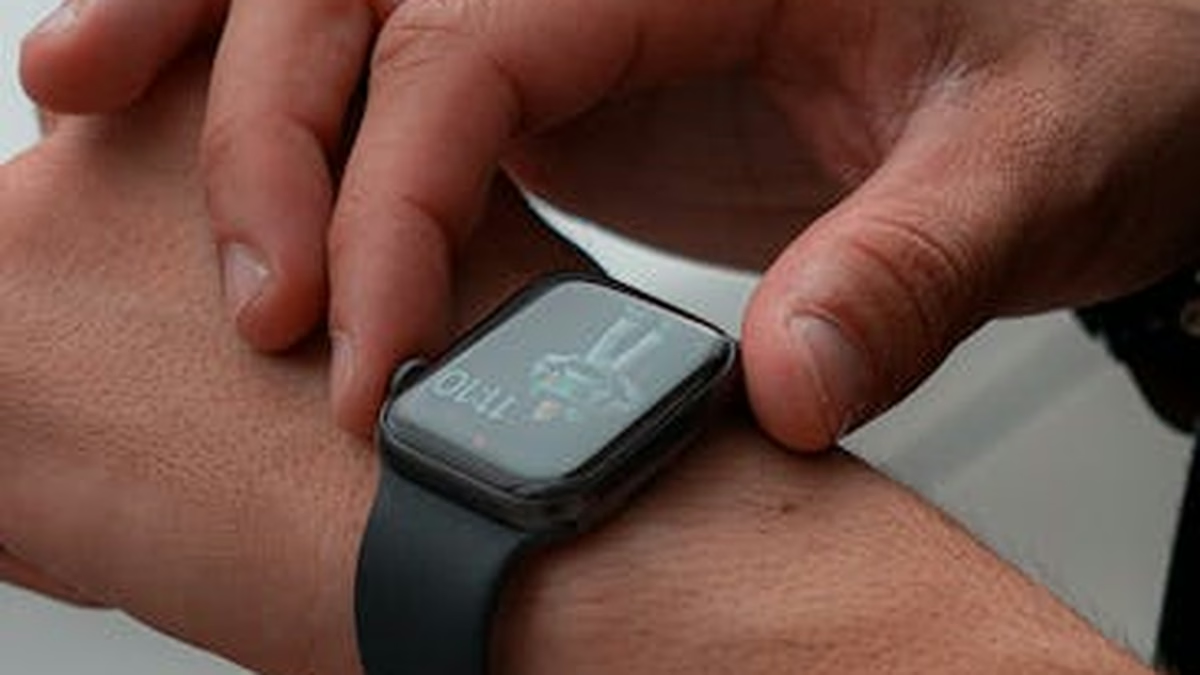Smart Health Tech: Monitoring and Improving Your Well-being
Introduction: Your Home, Your Health Hub
Imagine a home that proactively cares for your well-being. A home that tracks your vital signs, reminds you to take medications, and even alerts your doctor if something seems amiss. This isn’t a futuristic fantasy; it’s the reality of smart health technology, and it’s rapidly transforming how we manage our health from the comfort of our own homes.
We’re living in an era where preventative care and personalized medicine are increasingly important. Smart home health monitoring devices offer a powerful way to take control of your health, empowering you with data-driven insights and fostering a more proactive approach to wellness. Whether you’re managing a chronic condition, striving for a healthier lifestyle, or simply seeking peace of mind, connected health technology can be a valuable asset.
Understanding Smart Home Health Tech
So, what exactly is smart home health tech? It encompasses a range of devices and systems designed to monitor, track, and improve various aspects of your health and wellness within your home environment. These devices often connect to your smartphone or other devices, allowing you to easily access and analyze your health data.
Key Components of a Smart Home Health System
- Wearable Devices: Smartwatches and fitness trackers monitor activity levels, sleep patterns, heart rate, and more.
- Smart Scales: Track weight, body composition, and other metrics.
- Blood Pressure Monitors: Automatically record and transmit blood pressure readings.
- Glucose Monitors: Help individuals with diabetes manage their blood sugar levels.
- Sleep Trackers: Monitor sleep stages, duration, and quality.
- Medication Reminders: Ensure timely medication adherence.
- Air Quality Monitors: Detect pollutants and allergens in your home.
- Smart Thermostats: Can be programmed to optimize sleep through temperature adjustments.
Benefits of Smart Home Health Monitoring
The advantages of incorporating smart health technology into your home are numerous:
- Early Detection: Identify potential health issues before they become serious.
- Improved Chronic Condition Management: Facilitate better control of conditions like diabetes, hypertension, and heart disease.
- Enhanced Medication Adherence: Reduce the risk of missed doses.
- Increased Peace of Mind: Especially beneficial for families with elderly members living independently.
- Personalized Health Insights: Gain a deeper understanding of your own health patterns and trends.
- Remote Patient Monitoring: Allows doctors to track patients’ health remotely, improving care and reducing hospital readmissions. Studies have shown that remote patient monitoring can reduce hospital readmissions by up to 20%.
- Proactive Wellness: Encourages healthier habits and a more active lifestyle.
Implementing Smart Home Health Solutions
Integrating smart home health devices into your life doesn’t have to be complicated. Here’s a step-by-step guide to get you started:
- Identify Your Needs: Determine which aspects of your health you want to monitor and improve. Do you need to track your blood pressure, manage your diabetes, or simply improve your sleep?
- Research and Compare Devices: Read reviews, compare features, and choose devices that meet your specific needs and budget.
- Ensure Compatibility: Make sure the devices you choose are compatible with your smartphone or other devices.
- Set Up and Connect Your Devices: Follow the manufacturer’s instructions to set up your devices and connect them to your home network.
- Monitor Your Data: Regularly review your health data and look for trends and patterns.
- Share Your Data with Your Doctor: Discuss your health data with your doctor to get personalized advice and treatment recommendations.
Examples of Smart Home Health in Action
Let’s look at some real-world examples of how smart health technology can make a difference:
- Managing Diabetes: A smart glucose monitor automatically transmits blood sugar readings to a smartphone app, allowing individuals with diabetes to track their levels and make informed decisions about their diet and medication. The app can also send alerts to family members or caregivers if blood sugar levels are dangerously high or low.
- Preventing Falls in Seniors: Smart home for seniors can include wearable fall detection devices that automatically alert emergency services if a fall is detected. This can be life-saving for elderly individuals who live alone.
- Improving Sleep Quality: A smart sleep tracker monitors sleep stages and provides personalized recommendations for improving sleep hygiene. This can help individuals get a better night’s rest and improve their overall health.
Addressing Concerns and Challenges
While the potential benefits of smart home health technology are significant, it’s important to address some potential concerns and challenges:
Data Privacy and Security
Protecting your health data is paramount. Choose devices from reputable manufacturers with strong security measures. Be aware of how your data is being used and shared, and take steps to protect your privacy.
Accuracy and Reliability
Not all devices are created equal. Research the accuracy and reliability of the devices you choose. Consult with your doctor to ensure that the data you’re collecting is accurate and meaningful.
Cost and Accessibility
Some smart health devices can be expensive, making them inaccessible to some individuals. Look for affordable options or explore programs that offer financial assistance.
Technical Literacy
Some individuals may find it challenging to set up and use smart home health devices. Provide support and training to help them get started.
The Future of Smart Home Health
The field of smart home health technology is rapidly evolving. We can expect to see even more sophisticated devices and systems in the future, including:
- AI-powered health assistants: These assistants will be able to analyze your health data and provide personalized recommendations.
- Virtual reality (VR) therapy: VR will be used to treat a variety of conditions, such as anxiety, depression, and pain.
- Personalized medication delivery systems: These systems will deliver medications directly to your body, based on your individual needs.
Conclusion: Embrace the Power of Smart Health
Smart home health technology offers a powerful opportunity to take control of your health and well-being. By embracing these innovative tools, you can gain valuable insights into your health, manage chronic conditions more effectively, and live a healthier, more fulfilling life. As technology continues to advance, the potential for home wellness tech to improve our lives is only going to grow. Start exploring the possibilities today and unlock the power of a smarter, healthier home.
References
-
Centers for Disease Control and Prevention (CDC)
– Leading national public health institute of the United States. -
World Health Organization (WHO)
– Global authority on international public health. -
Mayo Clinic Healthy Lifestyle
– Evidence-based health advice from medical experts.






